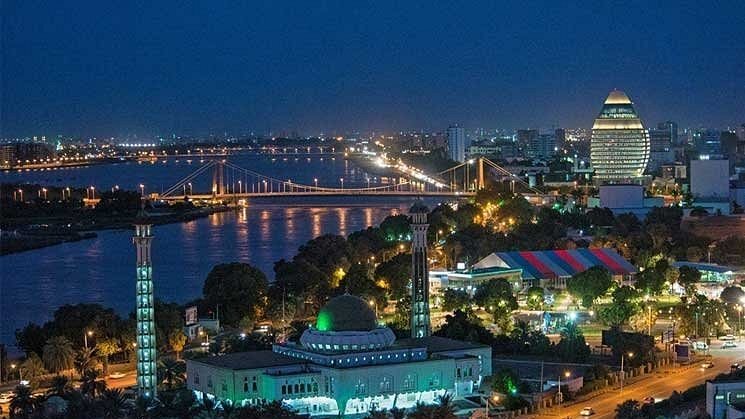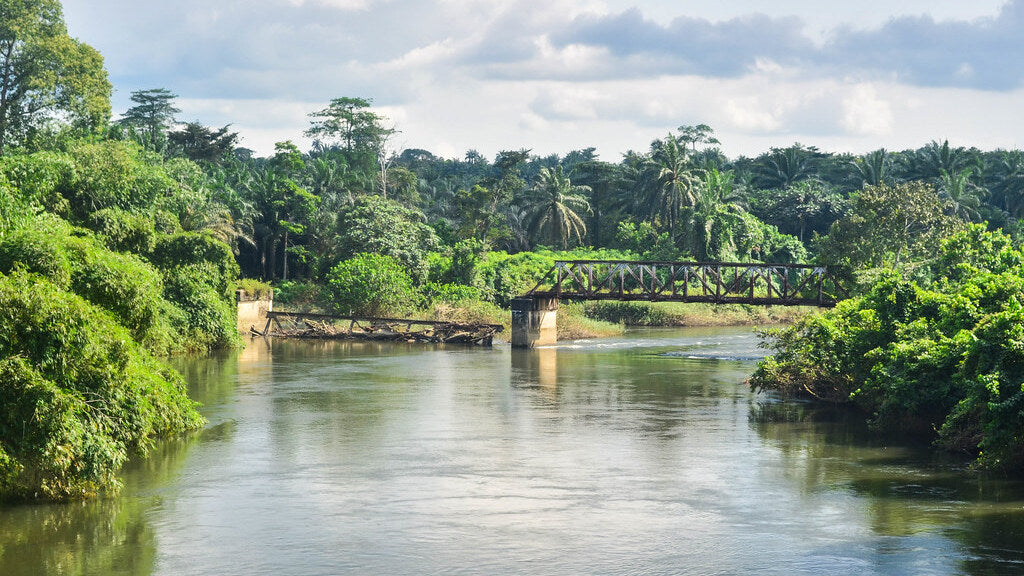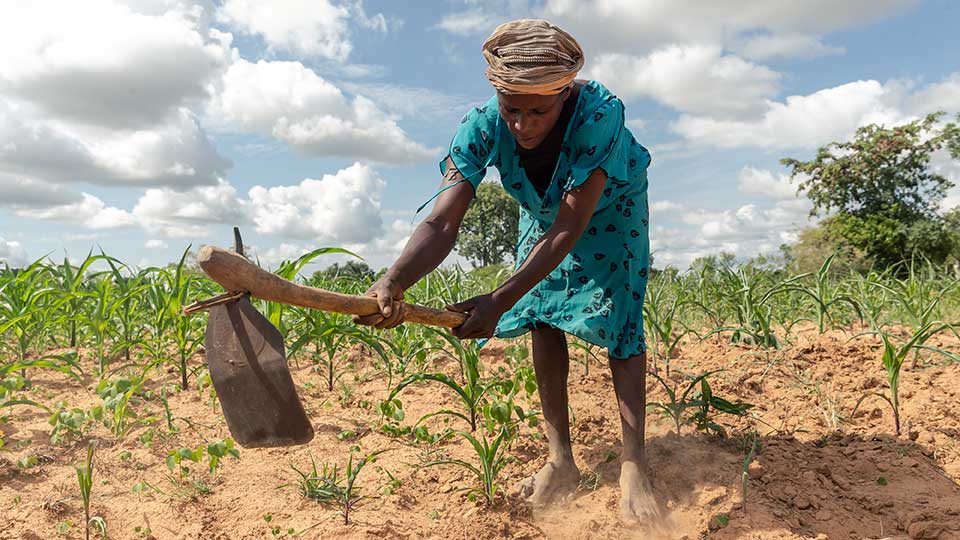
Sudan: The military reconquest of Khartoum after eighteen months of war
On September 26, 2024, a watershed military offensive rocked Sudan’s capital, Khartoum. Eighteen months after being ousted, the Sudanese army, led by General Abdel Fattah al-Buhan, launched a massive operation to retake the city from the Rapid Support Forces (RSF), the paramilitary militia led by Mohammed Hamdan Daglo, aka “Hemetti.” The battle for Khartoum, which has been waged against the backdrop of a brutal civil war since April 2023, lays bare the complexities of a devastating conflict that has plunged the country into chaos.
A year and a half of chaos in Khartoum
Khartoum, the strategic heart of Sudan, has become a city in ruins, contested by two military factions: the regular army (FAS) and the FSR. In April 2023, at the start of the war, the FSR had managed to take control of the capital after a rapid breakthrough, forcing the army to retreat. It was the beginning of a fratricidal war where every street, every bridge has become a military stake. But today, the Sudanese Armed Forces want to regain control, a maneuver that, if successful, could redraw the course of this devastating war.
On September 26, at dawn, the army began its offensive by attacking two bridges connecting the city of Omdurman to Khartoum, finally crossing the El-Mugran district, a strategic point where the Blue Nile and the White Nile meet. This lightning breakthrough was accompanied by heavy aerial bombardments targeting paramilitary positions, a strategy that recalls the increasing brutality of this conflict.
Civilians caught in a vice
For Khartoum residents, the situation is a nightmare. Those who could not flee the city remain locked in their homes, stuck between the front lines. Omar*, a resident of a neighbourhood gripped by fighting, describes daily life under the bombs: “The air raids are incessant. Shells fell near my house yesterday.” Civilians are paying a heavy price, trapped in a besieged city, where access to water, food and medical care has become almost impossible.
Despite the efforts of the regular army, the situation is far from resolved. While it has been able to advance in some peripheral districts of Khartoum, notably by capturing the Halfaya bridge, it is struggling to dislodge the RSF from the city centre, where strategic sites such as the presidential palace are located. The paramilitaries, well entrenched, are fiercely defending their positions, making each advance difficult and costly in human lives.
An offensive that redefines the balance of power
This offensive, while decisive, is only one of the many twists and turns in this complex war. Last February, the army had already managed to retake Omdurman, the most populated city in the country. However, the complete reconquest of Khartoum represents a much greater challenge, due to the density of the population and the symbolic and strategic importance of the capital.
The Rapid Support Forces, which quickly established themselves at the start of the conflict, still control many vital areas of central Khartoum, including around the presidential palace and the university. Their fierce resistance is a testament to Hemetti's ability to organize his troops, despite losses in other parts of the country.
A war that extends far beyond Khartoum
Beyond the fighting in the capital, war is raging in other parts of Sudan, including Darfur and Kordofan. The conflict, which began as a power struggle between two military factions, has quickly escalated into a humanitarian catastrophe. Hundreds of thousands of civilians have been displaced, while thousands more have lost their lives, according to the United Nations. The country’s infrastructure is in tatters, further exacerbating the population’s misery.
The war has not only fractured Sudan. It threatens to destabilize the entire region. Neighboring countries such as Chad and Egypt are closely monitoring the conflict, aware that its repercussions could extend beyond Sudan’s borders. Sudan, a strategic crossroads between East Africa and the Arab world, has become the scene of a conflict whose stakes go far beyond a power struggle.
What future for Sudan?
As the regular army attempts to regain a foothold in Khartoum, the situation remains uncertain. The war has shattered the country's unity and left its people drained of blood. Even if General Al-Bourhan manages to regain control of the capital, peace still seems far away. Internal divisions, ethnic issues and the massive destruction of infrastructure are major obstacles to any attempt at reconstruction.
Moreover, the international community, while concerned about the situation, remains relatively powerless for the time being. Mediation efforts have failed to end hostilities, and ceasefire attempts have consistently failed. In the meantime, Sudanese civilians continue to pay the high price of a war that has lasted far too long.



Leave a comment
This site is protected by hCaptcha and the hCaptcha Privacy Policy and Terms of Service apply.